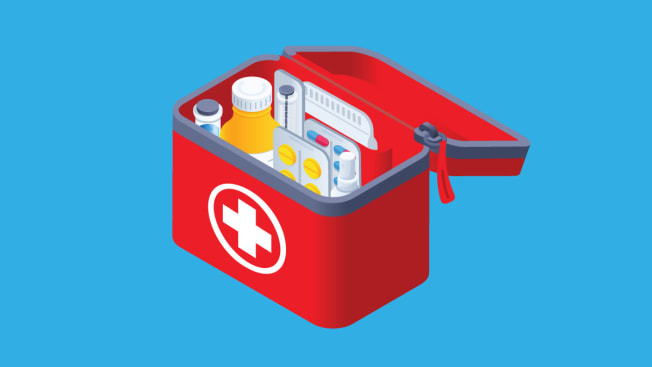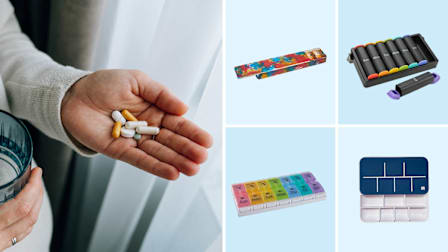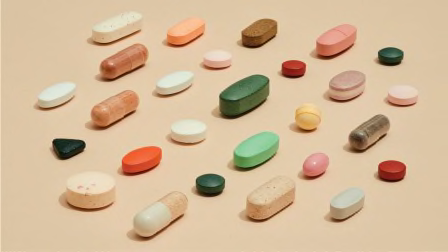What to Put in Your Medication Go Bag When Disaster Strikes
The growing number of weather-related emergencies in 2023 is good reminder that everyone should prepare this potentially lifesaving kit

A well-stocked medication go bag can be used to soothe a cut or burn—or to save your life during a hurricane, flood, fire, or other emergency.
But it’s important not to wait until you’re faced with the need to leave your home in a hurry to assemble your medication go bag, says Geoffrey C. Wall, Pharm.D., a professor of pharmacy practice at Drake University in Des Moines, Iowa.
If you and your family have special medical needs, you can build a more sophisticated medication go bag—for example, one that contains hearing aids with extra batteries, an epinephrine auto-injector, glasses, contact lenses, or syringes.
Fill Prescriptions in Advance
For prescriptions you and your family members take, consider asking your doctor for 60- or 90-day refills rather than a month’s worth. That way, you’re more likely to have extras on hand for your medication go bag. (This can also save you money.)
Always fill prescriptions on the first day you become eligible for a refill, rather than waiting until the day you run out. If you are able to obtain an emergency supply, establish a plan for rotating your go-bag supply so that it remains up to date. And remember to check medications periodically to ensure that they have not expired.
"During an emergency, some states allow pharmacists to dispense an emergency supply of medications without doctor authorization," Wall says. But, he adds, "certainly if a known potential disaster, such as a hurricane, is predicted, make sure you have prescription meds and supplies before it hits."
You might also ask your health insurance company to assist you in obtaining enough medication and supplies to have on hand.
Storing and Maintaining Your Go Bag
Once you’ve gathered your supplies, pack the items in an easy-to-carry, water-resistant kit, and store it in a dry, cool place in your home. Keep the kit in a secure place that’s easy to access in a hurry but away from kids, Wall advises—for example, on a high shelf in your bedroom closet.
Check your emergency kit regularly, and dispose of and replace any out-of-date supplies. Throw out any damaged medications, or pills that are wet or look or smell different. They could be contaminated by moisture.
Editor’s Note: This article and related materials were made possible by a grant from the state Attorney General Consumer and Prescriber Education Grant Program, which was funded by the multistate settlement of consumer-fraud claims regarding the marketing of the prescription drug Neurontin (gabapentin).




